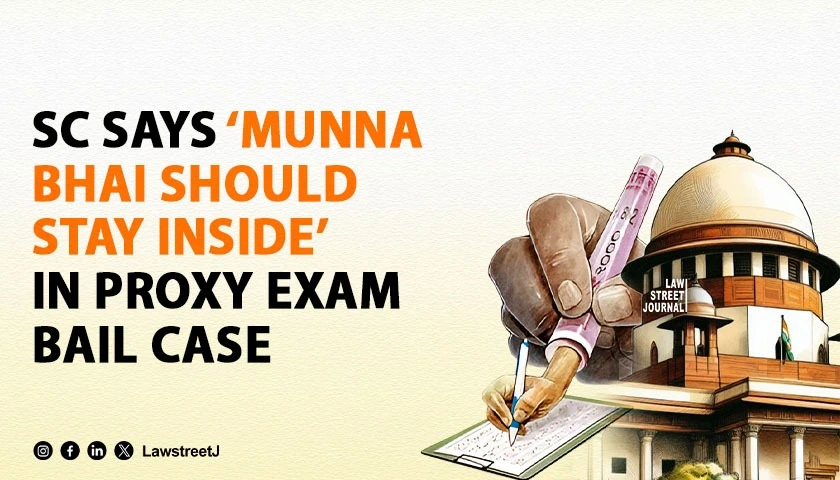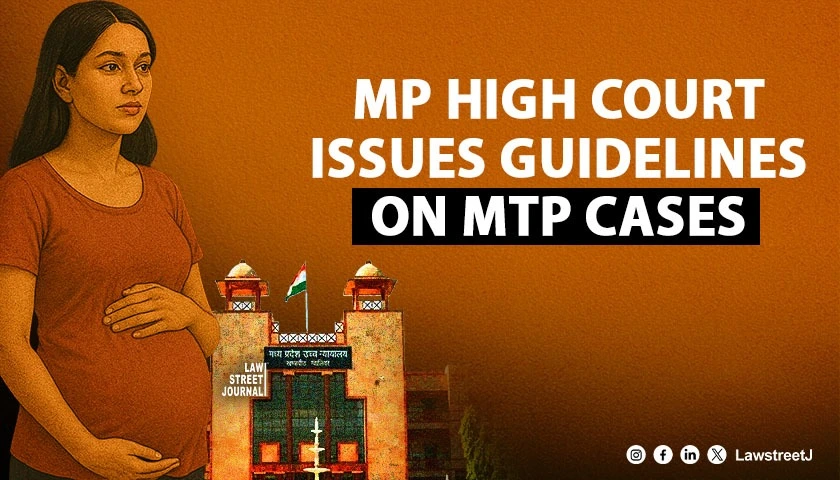NEW DELHI: The Union government has told the Supreme Court that Aligarh Muslim University is not and cannot be a university of any particular religion or religious denomination as any university which is declared by the Constitution of India to be of national importance should, by definition, cannot be a minority institution.
Owing to the obviously secular ethos and nature of the nation and the Constitution, considering the fact that AMU is an institution of educational national character it cannot be considered to be a minority institution irrespective of the question whether it was established and administered by the minority at the time of inception or not, it said.
The Centre also defended before the Supreme Court its 2016 decision to withdraw the challenge to the Allahabad High Court's order on minority status of Aligarh Muslim University, saying it was based upon the factual and constitutional considerations alone but the varsity tried to give it a political colour.
The government also claimed the previous decision to challenge the HC's order of 2006 was against public interest and contrary to the policy to reservation for the marginalised sections of the society. It was also in the teeth of a five-judge bench decision in the Azeez Bashas case in 1967.
In its written submission before the seven-judge Constitution bench, the Union government led by Solicitor General Tushar Mehta said that the
Constitution did not treat Aligarh Muslim University either as minority institution or otherwise.
It asserted that the request for withdrawal is based on the original stand taken by the Union of India.
The stand taken by the government to withdraw the challenge to the judgment of the high court is based upon constitutional considerations alone and the change of governments is inconsequential, the submissions stated.
Mehta maintained that the stand taken earlier by the government to file a special leave petition challenging the judgment of the high court was contrary to the original stand of the central government taken in the Azeez Basha case by a five-judge Constitution bench.
It was also contrary to the binding judgment of this court in the Azeez Basha case. The stand taken to file SLP was also against the public policy of reservation meant for SCs/STs/OBCs/EWSs as applicable to central universities, therefore, against public interest. It is, therefore, submitted that the prayer for withdrawal of appeal has been made after due consideration of the legal position, Mehtas submissions said.
The Constitution bench had in the case S Azeez Basha vs Union of India in 1967, held that AMU was not entitled to minority education status as it was neither established nor administered by the Muslim minority.
The Centre alleged that AMU was trying to give it a political colour.
It is unfortunate that a factual issue which has already been authoritatively decided by a constitution bench of this court is being politicised and controverted on misconceived grounds. It is reiterated that the decision of the Government to withdraw the SLP is based upon the factual and constitutional considerations alone, the submissions said.
In 1967, a five-judge constitution bench in the S Azeez Basha versus Union of India case in 1967 held that since the Aligarh Muslim University was a central university, it cannot be considered a minority institution. The minority status, however, was restored when Parliament passed the AMU (Amendment) Act in 1981.
The Centre said Aligarh Muslim University has always been an institution of national importance even in the pre-independence era. A survey of the documents surrounding the establishment of the Aligarh Muslim University and even the then existing legislative position enunciates that the AMU was always an institution having a national character," it said.
It also opposed AMUs contention that the judgement in Azeez Pasha needs to be reconsidered saying it is settled law.
The central government pointed out that AMU has so far not challenged any of the amendments namely the first amendment in the year 1951, the second amendment in the year 1965, the third amendment in the year 1972 and the fourth amendment in the year 1981 in the Aligarh Muslim University Act, 1920.
The University can, thus, not re-agitate the factual and fact based legal controversies already decided by a five-Judge bench which is clear from the present reference, it said.
The government said the case of Aligarh Muslim University and Banaras Hindu University is sui generis case since the framers of the Constitution chose to place these two Universities in List I as a part of Entry 63, though the subject of education is otherwise in the State List (at the time of Independence).
Relying upon the constituent assembly debates, the submissions said the said debates by the founding fathers make the non-minority character of both these institutions crystal clear.
Mehtas submissions also said that no other universities are specifically named in the constitution itself thereby highlighting the national importance of the AMU and the national/non-minority character of AMU.
In 2005, AMU had reserved 50% seats in postgraduate medical courses for Muslim candidates by claiming it to be a minority institution, which was set aside by the Allahabad High Court. In 2006, Centre and AMU challenged the high courts decision before the Supreme Court. In 2016, the Centre withdrew from the appeal contending that it does not acknowledge the minority status of the university.
The top court had on February 12, 2019 referred to a seven-judge bench the contentious issue of the minority status of AMU. A similar reference was also made in 1981.

![AMU is not & cannot be a minority institution, Centre tells SC [Read Submission]](/secure/uploads/2024/01/lj_5366_820b3818-af6f-44ee-a8b6-5e4cae4c18e0.jpg)














